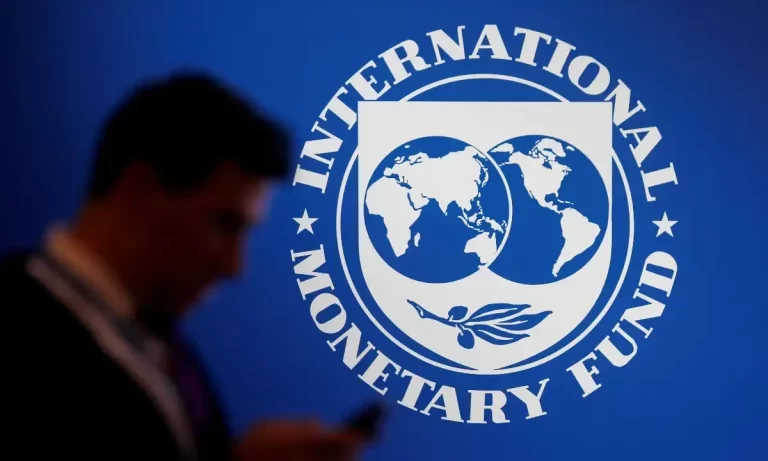ISLAMABAD: An International Monetary Fund (IMF) team has arrived in Pakistan to assess governance, judicial independence, judicial appointments, and corruption. This is the first mission of its kind. The team will meet representatives from 19 government ministries and departments before concluding its work on February 14.
Sources say the IMF delegation will also meet officials from the Judicial Commission and the Supreme Court. Discussions will focus on the rule of law, anti-corruption measures, and financial oversight. The team is expected to meet the Judicial Commission next week to discuss the judge appointment process.
Under the agreement, Pakistan must publish a full governance report. The team will review challenges in tax policy formulation, its implementation, and governance in land management.
Meanwhile, four Supreme Court justices have urged Chief Justice Yahya Afridi to delay eight judicial appointments until challenges to the 26th Constitutional Amendment are resolved. The Judicial Commission of Pakistan (JCP) will meet on February 11 to consider filling the Supreme Court vacancies.
The 26th Constitutional Amendment, passed in 2024, restructured the JCP by adding four parliamentary members. However, the Supreme Court’s Constitutional Bench is reviewing legal challenges against the amendment. Some judges demand a full court hearing on the matter.
A letter signed by senior puisne judge Justice Mansoor Ali Shah and Justices Munib Akhtar, Athar Minallah, and Ayesha Malik urged Afridi to postpone the appointments. The judges argue that proceeding now could damage public trust in the judiciary.
The letter warns that if the new judges assume office before the amendment challenge is settled, it could create a perception of “court-packing.” It questions whether the full court should include these new judges, who are direct beneficiaries of the amendment.
The justices stress that delaying appointments is the only viable option to maintain judicial integrity. They also highlight recent controversial transfers of judges to the Islamabad High Court (IHC), which affected seniority rankings. The letter criticizes the lack of an oath-taking ceremony for transferred judges, calling it “constitutionally suspect.”
In a related development, Justice Babar Sattar has written to IHC Chief Justice Aamer Farooq, urging him to rectify errors in the court’s seniority list. His letter follows protests by IHC judges over the recent transfers.
Sattar argues that the changes breach the Constitution, as the transferred judges have not taken the required oath under Article 194. He warns that allowing them to perform judicial duties without proper procedures could create legal challenges.
The controversy follows an IHC administrative shake-up. The high court recently restructured key committees, replacing Justice Mohsin Akhtar Kayani with Justice Sarfaraz Dogar as the senior puisne judge. The decision has sparked debate within Pakistan’s legal community over judicial independence and appointment procedures.


